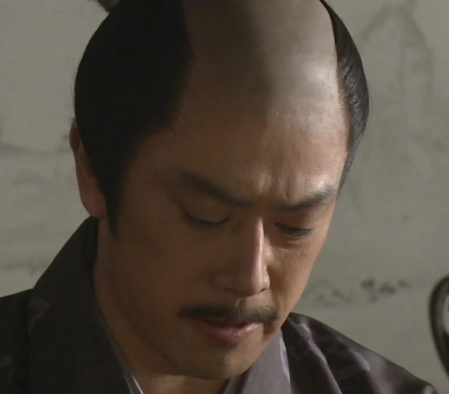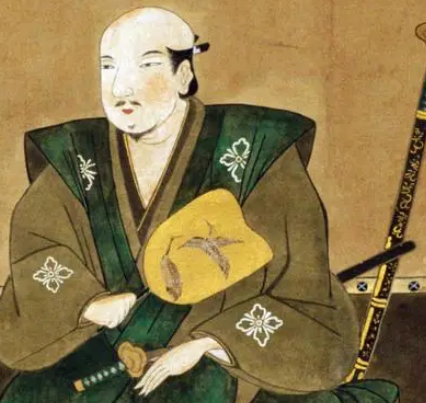As the first unified centralized dynasty established by ethnic minorities in Chinese history, the Yuan Dynasty's attitude and policies towards the imperial examination system have always been a hot topic of academic discussion. This article will explore whether the Yuan Dynasty had an imperial examination policy, as well as the characteristics and impacts of this policy.

I. The Existence and Interruption of the Yuan Dynasty's Imperial Examination Policy
The Yuan Dynasty did implement the imperial examination system in its early stages, but due to various reasons, this system did not last for a long time. The first imperial examination was held in 1238, but due to the Mongolian rulers' rejection of Han culture and adherence to their own cultural traditions, the imperial examination system was temporarily suspended in 1259. It was only during the period of Emperor Yingzong (1313) that the imperial examination system was restored, but its scale and influence were far inferior to those of the Tang and Song dynasties.
II. The Characteristics of the Yuan Dynasty's Imperial Examination Policy
Compared to previous dynasties, the restored imperial examination system of the Yuan Dynasty had its particularities. Firstly, in addition to the traditional Confucian classics, the exam also included assessments of skills such as Mongolian language, horse riding, and archery. Secondly, when selecting officials, the Yuan Dynasty's imperial examination system tended to prefer the use of Mongolians and non-Han people (Semu), which limited the political status of Han scholars to some extent. In addition, the number of admitted candidates in the Yuan Dynasty's imperial examination was relatively small, and the promotion opportunities for officials who passed the exam were limited.
III. The Impact of the Yuan Dynasty's Imperial Examination Policy
Despite the many limitations of the Yuan Dynasty's imperial examination policy, it still provided some Han scholars with opportunities to enter the bureaucratic system. Passing the imperial examination was a way to elevate one's personal and family status. However, due to the particularity of the Yuan Dynasty's political system, officials who passed the imperial examination could not fully integrate into mainstream political life, which led to a rift between the scholar class and the ruling elite.
Conclusion:
In summary, although the Yuan Dynasty did implement an imperial examination policy, this policy was not coherent and had distinct characteristics and limitations of the times. The imperial examination system of the Yuan Dynasty not only reflected the utilization of Han culture by Mongolian rulers but also reflected their adherence to maintaining their own cultural identity. Although the impact of this policy on later generations was relatively limited, it is still an important part of the history of China's imperial examination system and deserves further research and understanding.
Disclaimer: The above content is sourced from the internet and the copyright belongs to the original author. If there is any infringement of your original copyright, please inform us and we will delete the relevant content as soon as possible.
































